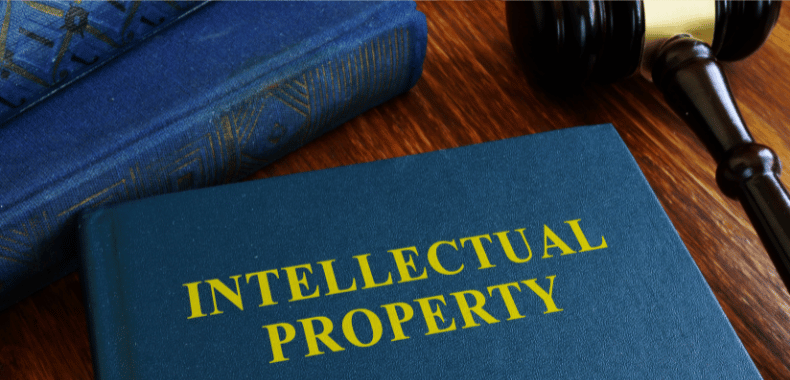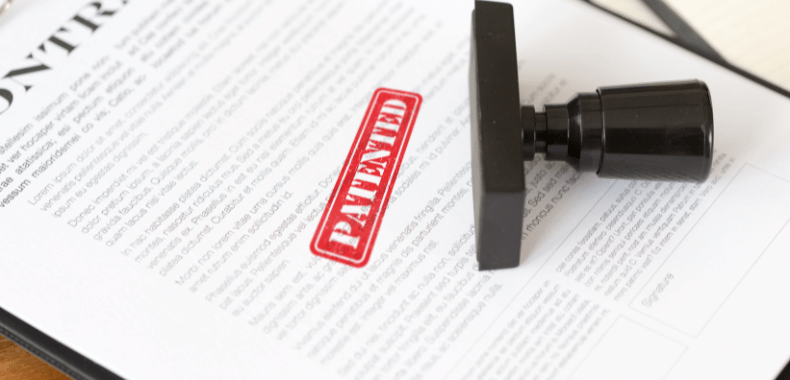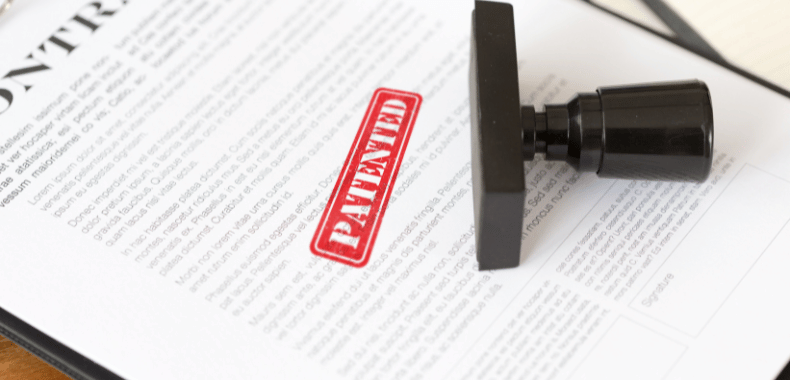On December 12, 2023, the 62nd Forum of the National Council of State Research Support Foundations (CONFAP) was held in the Brazilian capital to discuss priority issues in science and technology policy in Brazil. The event was chaired by the president of the BPTO, as well as other representatives of the State Research Support Foundations (FAPs).
The main project discussed among the participating authorities was the program entitled “Catalisa ICT”, whose objective is to encourage Brazilian talents to invest their creative potential in the country.
The means found to encourage the participants is the offer of a scholarship in the amount of R$ 6,500.00 for the 140 most innovative proposals presented by the participants. In addition, the project will also support about 2000 Brazilian technology-based companies.

The rights related to the intellectual property produced by the participants during the execution of the project at CATALISA ICT will follow the Brazilian legislation and the rules of each Science and Technology Institution – ICT, in which the research was originated.
In general terms, the initiative seems promising and appropriate to Brazil, because although the country has many technological innovations being produced in Brazilian Universities, most of the projects have not been effectively materialized.
Therefore, if the Catalisa ICT project is as successful as expected, in few years Brazil will grow significantly in the technological field and consequently increase its intellectual property assets.
Advogado(a) autor(a) do comentário: Nicole dos Santos Silva, Laila Araujo e Cesar Peduti Filho, Peduti Advogados
Fonte:
https://www.gov.br/inpi/pt-br/central-de-conteudo/noticias/inpi-realiza-atividades-em-brasilia-com-foco-no-fomento-a-inovacao
https://agenciasebrae.com.br/inovacao-e-tecnologia/sebrae-e-confap-firmam-parceria-para-fomentar-a-inovacao-nos-pequenos-negocios/
https://sebrae.com.br/sites/PortalSebrae/catalisa/ictedital
Se quiser saber mais sobre este tema, contate o autor ou o Dr. Cesar Peduti Filho.
If you want to learn more about this topic, contact the author or the managing partner, Dr. Cesar Peduti Filho.





